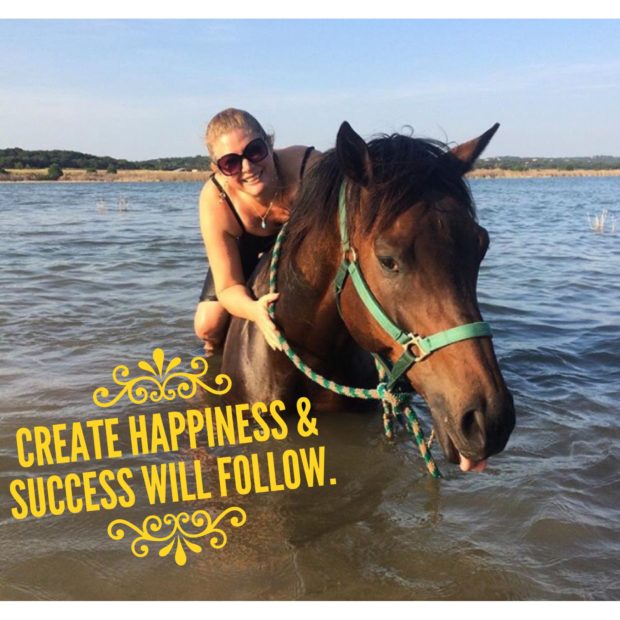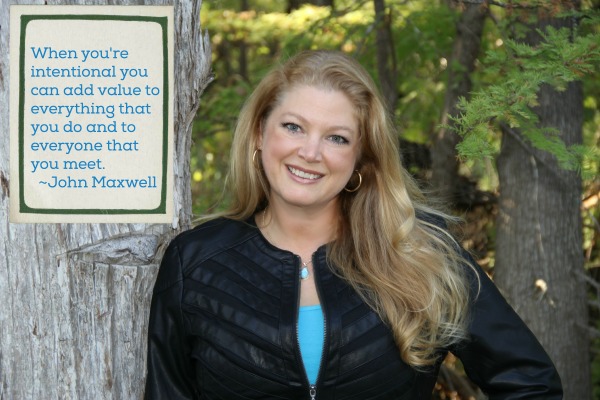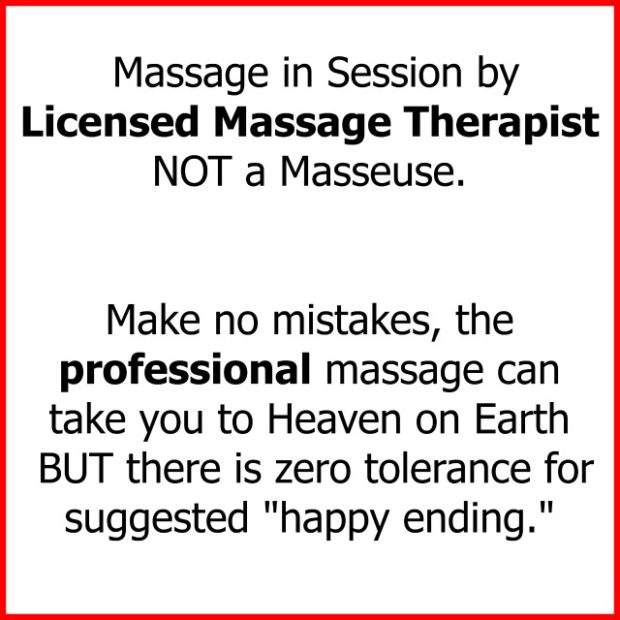We’ve believed lies about success. Most of us are brainwashed to think that success creates happiness. Yet deep down, we all know we get caught chasing the rainbow while forgetting to dance in the rain.
We also know that happiness is more than a yellow smiley face sticker. Happiness is the joy we feel while pursuing our potential. Sadly, happiness is often confused with success. It’s time we put our foot down and address the lies and and enjoy both happiness and success.
Seeing or hearing a message long enough makes it easier to believe. Some lies we fall prey to look or sound like this: I’ll be happier, once I make this promotion. When I finally complete this project, I can be happy. I’ll be happy when I marry the right person. I can truly be happy when I’m making X amount of money. As soon as I eat that decadent slice of pie, I’ll know what happiness feels like. When I take that exotic trip I can be happy. I’ll be happy as a clam when I fit into those jeans. Does any of this sound familiar?
Why do we postpone happiness until a certain amount of success is achieved?
True confession: I’ve recently had to stop myself from such lies around pursuing success and postponing happiness. I postponed my own happiness while delving deep into a writing project. Even though I know my efforts bring about good; temperance was needed. I was holing myself up to accomplish the goal while rarely leaving the work cave. Isolation set in.
I stopped practicing what I preach. Balancing work and play was on the back burner. For a month, I was a hypocrite. Ironically, not one person even set a time frame for me to complete the work. I was lying to myself about what success must look like based on a self-imposed timeline. I fell for it. As a result, my happiness and well-being plummeted.
Fortunately I caught on and quickly and course-corrected– oh perhaps, over-corrected. You see, I started playing outside so much more that I even worked up a tan. Those of you who know how pasty white I can be will understand this major accomplishment. Tanned and tinkering right back into happiness, I felt fulfillment and contribution as the project was released to fly. Of course, we all know the moral of the story but we often need to remind ourselves of this:

As I began snapping out of the false belief of successful accomplishments equal happiness, a bright orange book sitting on my bookshelf silently shouted and begged, ” Come get me! Pick me up! Pick me up now.” It was Shawn Anchor’s book, The Happiness Advantage and I strongly recommend it to you. As I read it, my recent “Pursuit of Unhappiness” made complete sense.
I’m quickly outlining the book’s specific, actionable patterns that predict success without losing the happiness. All of it based on research that began inside of Harvard and moved to the outside world. What it shows is that maximizing our brain, can maximize our happiness. Read about it in a nutshell, but trust me, the entire read is well worth it! In fact, it may cause a cathartic experience.
7 Principles to Guide you to the Happiness Groove
The Happiness Advantage
When we capitalize on positivity (feel good, fun, inspiration) we can increase our performance and productivity. We can actually teach our brains to work from a biological advantage versus one that is negative or neutral.
The Fulcrum and the Lever
This principle teaches us that by changing or adjusting our mindset (the fulcrum) we increase our power (the lever) to be more satisfied and successful.
Look at it like this. Ever hear yourself or someone say, “I have to attend a meeting.”? The “have to” of course, implies the expectation that it will most likely be unenjoyable. Whereas a minor adjustment in the mindset could bring about more happiness. What if we chose to say “I am attending a meeting?” Word choice alone opens opportunity to learn, connect with others and possibly even enjoy the meeting.
Tetris Effect
We set ourselves up for failure when we allow our brains to get stuck in a rut that focuses on stress, negativity and failure. When we retrain the brain to spot possibility, we can see and seize opportunity anywhere.
Failing Up
Teaches us that in spite of failure or suffering, we can learn to be happier or more success because of it. We all face defeat, crisis and stress: our brains can positively guide us to cope and bring about meaning and positive growth.
The Zorro Circle
Our rational brains can get emotionally hijacked by overwhelm and challenges. This principle teaches us to draw a small circle in the sand to regain control by focusing first on small bite-size goals and then expanding the circle into achieving greater goals.
On a personal note, after a four-year home remodel, and month-long research and writing project, the Zorro circle has me zeroing in on where I need to gain control and how I can effectively take action so I will not lose joy in the process. Nothing needs to spin out of control. I’m walking out of what became a massively cluttered office and closet by inching out of smaller spaces first and defending those spaces. I’m taking 30 minute a day tasks until it’s done. Then I’ll head to the garage. It’s not as intimidating as previously thought.
20-Second Rule
Long-term change is a challenge for most because we have limited willpower. Often we fall back into old habits and end up on the path of least resistance. The 20- Second rule explains that we can make small energy adjustments and bypass the lower path and replace it with the higher path via good habits.
Let’s take inventory of our many daily habits. Do these habits create happiness or place us in a rut? If habits are like investing money, are my personalhabits creating positive returns in the years to come?
How can I make the right thing easy to do? Think faster too! Can 20 seconds make a big difference? I think so! Want to permanently reduce your pant size? Have healthy snacks at your fingertips. Prep food in advance so you can quickly access it from the fridge. Keep your sneakers right next to your bed, so first thing in the morning you can complete a workout without fumbling for them.
Social Investment
In the midst of stressful challenges many choose to isolate and hunker down to do what must be done. However, the greatest predictor in happiness and success lies in the social support we find by interacting with friends, family, and peers who help us achieve our greatest potential. We’re meant to thrive in community. When we understand we aren’t the Lone Ranger, we can rise above the cult of mediocrity and shine our brightest gifts.
Chime In! 🙂
Share with us in the comments below, what lie have you believed about success? Or is there a particular principle that beckons your attention today?












